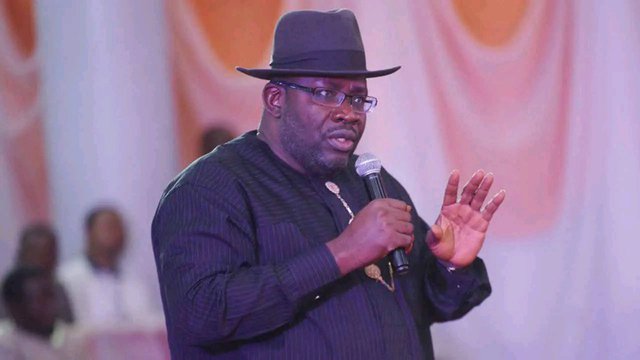As reported by The Daily Post on Monday, July 7, 2025, in Nigeria
Senator Henry Seriake Dickson, who represents Bayelsa West in the National Assembly, has raised the alarm over practices like vote trading and result tam believes are eroding the foundations of democracy in Nigeria.

Dickson, who previously served as governor of Bayelsa State, criticized these actions for enabling the rise of political officer holders who lack the competence or vision to improve the country’s fortunes.
He appealed to political actors, civil society, and electoral bodies to take unified and urgent steps against electoral fraud, describing it as a growing menace that distorts the people’s will and damages public trust in elections.
According to the senator, some wealthy candidates and power brokers exploit economic hardship and low levels of education by distributing money and goods to manipulate voters. This trend, he argued, leads to the election of leaders who are ill-prepared and unqualified.
He further denounced the abuse of public institutions during elections, pointing to instances where results are manufactured long before ballots are cast.
Dickson emphasized that electoral commissions must be proactive in securing polling centers and ensuring transparency, rather than depending on judicial interventions—which, he said, often fail due to procedural loopholes.
This judicial reliance, he warned, gives corrupt politicians the confidence to continue manipulating elections, knowing there’s little risk of accountability.
He also expressed dismay that individuals with little grassroots support often emerge as winners through dishonest tactics backed by government resources and political connections.
As part of his role in the Senate, Dickson disclosed his participation in drafting stronger laws aimed at closing loopholes and deterring election-related crimes.
However, he acknowledged that the Independent National Electoral Commission (INEC) lacks full control over how security forces and state officials behave during polls.
Finally, he criticized the increasing trend of politicians switching allegiances to ruling parties, driven not by policy convictions but by a desire to gain political leverage and misuse official platforms for personal gain.